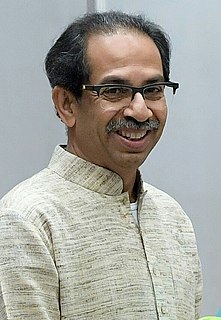A Quote by Vladislav Surkov
The main problem is that many support the United Russia Party without even agreeing with its ideology - or even having an ideology of their own.
Related Quotes
Whatseems to take place outside ideology (to be precise, in the street), in reality takes place in ideology. What really takes place in ideology seems therefore to take place outside it. That is why those who are in ideology believe themselves by definition outside ideology: one of the effects of ideology is the practical denegation of the ideological character of ideology by ideology: ideology never says, 'I am ideological.'
Every work of art (unless it is a psuedo-intellectualist work, a work already comprised in some ideology that it merely illustrates, as with Brecht) is outside ideology, is not reducible to ideology. Ideology circumscribes without penetrating it. The absence of ideology in a work does not mean an absence of ideas; on the contrary it fertilizes them.
The problem with ideology is if you got an ideology, you already got your mind made up, you know all the answers, and that makes evidence irrelevant and argument a waste of time, so you tend to govern by assertion and attack. The problem with that is that discourages thinking and gives you bad results.
Another thing I think should be avoided is extremely intense ideology because it cabbages up one's mind. You see it a lot with T.V. preachers (many have minds made of cabbage) but it can also happen with political ideology. When you're young it's easy to drift into loyalties and when you announce that you're a loyal member and you start shouting the orthodox ideology out, what you're doing is pounding it in, pounding it in, and you're gradually ruining your mind. So you want to be very, very careful of this ideology. It's a big danger.
Obviously, everything has always been defined by the dominant ideology. But the dominant ideology has been able to accept women's literature as well as men's literature. I would say that women have been hindered from creating for a variety of reasons, as Virginia Woolf so admirably explained in A Room of One's Own. When they have created, on the whole they have been recognized. In literature it hasn't been nearly as oppressive as in, say, painting, where even the existence of so many women painters has always been denied.
































